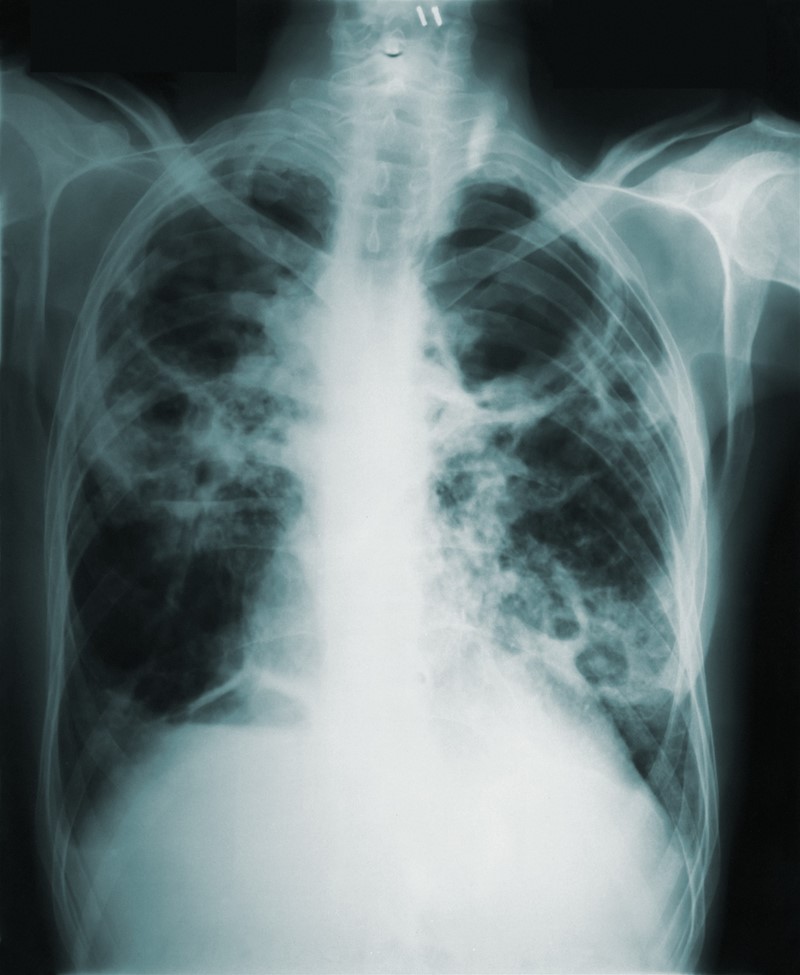- GMHC
-
Getting Started
-
Wondering where to start?
-
 We're your guide. What can this community do for you? Learn more
We're your guide. What can this community do for you? Learn more
-
-
Mobilization
-
Heed the call!
-
 Community Challenges Activate your journey to the field! Read Article
Community Challenges Activate your journey to the field! Read Article -
 Search Jobs Community Job Board Read Article
Search Jobs Community Job Board Read Article
-
-
Resources
-
Learn & Connect
-
 Upcoming Events Learn from the experts in healthcare missions & connect with others. Register Now
Upcoming Events Learn from the experts in healthcare missions & connect with others. Register Now
-
-
Community
-
Connect With the Community
-
 Member Lounge We're all in this together! Join the conversation.
Member Lounge We're all in this together! Join the conversation.
-
- Store
- Log In
Welcome to the MedicalMissions.com Podcast
This is a series of sessions from leading experts in healthcare missions.
Tips for Raising Missionary Kids
by Suzie Snyder
- Burundi
- China
- Côte d'Ivoire
- + 284 more...

Parenting is challenging in any situation, but raising children while living overseas and serving cross-culturally adds new complexities. Gleaming lessons learned from 15 years of field missionary experience, and siting practical examples, the session will explore tips and tools for providing missionary kids with academic, social and spiritual success.
Theology of Missions

Theology is, simply put, our talk about God in Christ and his actions as shown to us in the Bible. Missions is all about witnessing in various ways to God in Christ and his actions in the world. In other words, theology and missions go hand-in-hand. Though we often think of "missions texts" - our go-to verses for supporting missions - missions is far more than a collection of verses but is part of a larger story of God's salvation and making that salvation known. In this session we will see how the Bible tells that story and how we are called not just to "know" but to take our place in that story and be Christ's witnesses in the world, no matter what gifts and opportunities God gives us.
Compassionate Ministry in Honor Shame Contexts
by Alex Tee
- Burkina Faso
- Cameroon
- China
- + 201 more...

When we show Christ’s love in honor-shame cultures, often people first see merit making, proselytization and apostasy however pure our motivation may be. We will look at a worldview that is based on honor-shame, come to understand how they may interpret what we do and from there understand the risks and look at what practices may help us to show and share God’s love appropriately. The workshop will use observations from tsunami relief and urban poor work in SE Asia to illustrate these principles.
Clinical Updates in TB

Tuberculosis is an infection with global significant that takes on a whole new level of importance for those desiring to work internationally in underserved areas. Effective medicine in areas of high tuberculosis prevalence requires both an understanding of the current state of TB diagnosis and management globally as well as the current on-the-ground application of these principles in under-resourced settings. This session will discuss clinical updates in TB in both of these fronts.
Whole Person Care in Small Town America

In today's uncertain world, patients are dealing with more and more stress and anxiety that ultimately impacts their health. Patients sometimes have "hidden unhealed triggers" that can lead to physical impairments. III John 2 states "Above all brethren, I desire you to prosper and be in Health, even as your soul prospers." In this session, the participant will learn how to "tend to their souls" and learn to identify areas of brokenness that patients are dealing with such that they are equipped to help patients tend to their souls, in an effort to propagate physical, emotional and spiritual health.


